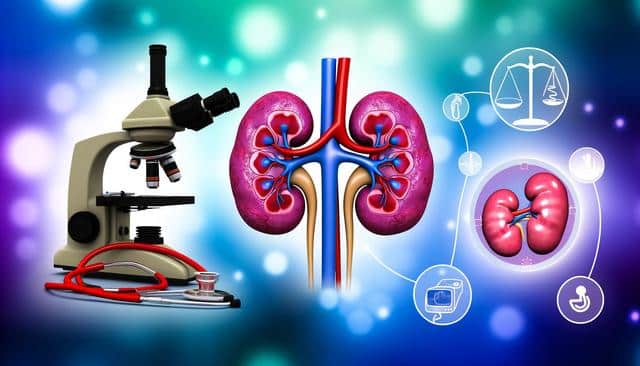Foods That May Trigger Chronic Kidney Disease
Diet plays an essential role in managing chronic kidney disease. Certain foods, particularly those high in sodium, phosphorus, and potassium, can exacerbate kidney problems if not consumed in moderation. Processed foods are often high in sodium, which can increase blood pressure and strain on already sensitive kidneys. Excessive intake of phosphorus-rich foods, typically found in dairy products and certain processed foods, can lead to bone and heart problems for those with CKD. Foods high in potassium, like bananas and oranges, can also pose risks as they affect the body’s fluid balance. Patients with CKD are often advised to work with dietitians to create a kidney-friendly diet that avoids excessive quantities of these elements.
The Role of Proteins in Chronic Kidney Disease
Proteins are essential for body repair and maintenance, but for those with chronic kidney disease, protein intake needs to be carefully managed. High protein consumption can increase the kidneys’ workload, which might accelerate damage over time. Meats, dairy products, and other protein-rich foods can contribute to this increased burden. Patients are often guided towards moderate protein intake from predominantly plant-based sources. These foods provide essential nutrients without the added strain on the kidneys. Alongside medical treatments, adjusting protein consumption can help maintain nutritional balance without overwhelming the body’s filtration system.
Sugary Foods and Their Impact on Kidney Health
Foods high in added sugars can be detrimental to individuals with chronic kidney disease for several reasons. Consuming too much sugar leads to higher blood glucose levels, potentially resulting in diabetes, a leading cause of CKD. Over time, unchecked sugar intake can also contribute to obesity, which compounds the risk of kidney and cardiovascular problems. Patients are advised to monitor their sugar consumption carefully, opting for natural fruit sugars and whole grains to provide necessary energy without spikes in glucose levels. For effective management of CKD, reducing sugary foods and beverages is often a critical strategy.
Hydration and Fluid Management in Chronic Kidney Disease
Proper hydration and maintaining fluid balance are pivotal aspects of managing chronic kidney disease. While staying hydrated is important, individuals with CKD often need to monitor fluid intake to prevent overload, which can lead to swelling, high blood pressure, or heart complications. Patients might need to limit their consumption of fluids, including water, depending on their kidney function stage and doctor’s advice. Furthermore, understanding fluid-rich foods like soups and certain fruits is essential in regulating daily fluid intake. Balancing adequate hydration without excessive fluid retention remains a delicate and crucial part of medical and dietary management strategies for CKD.

